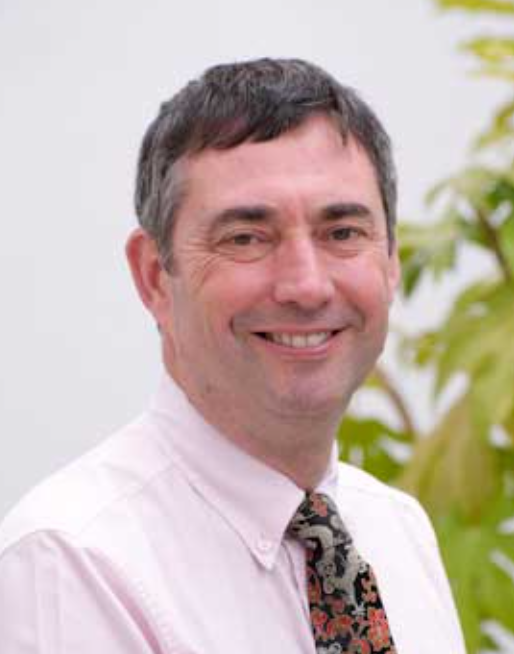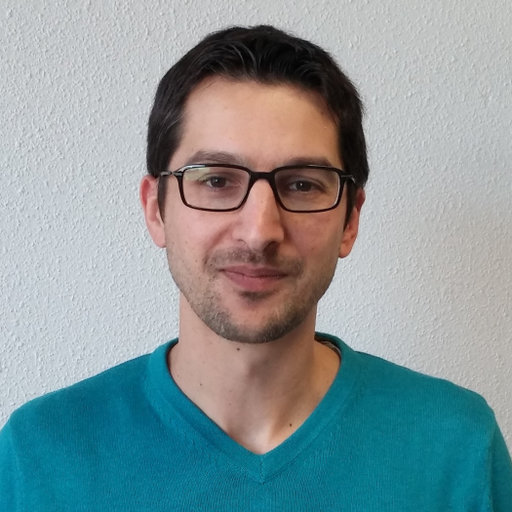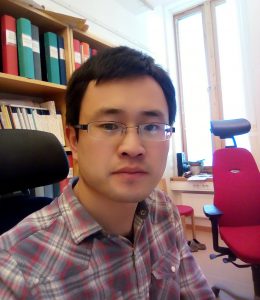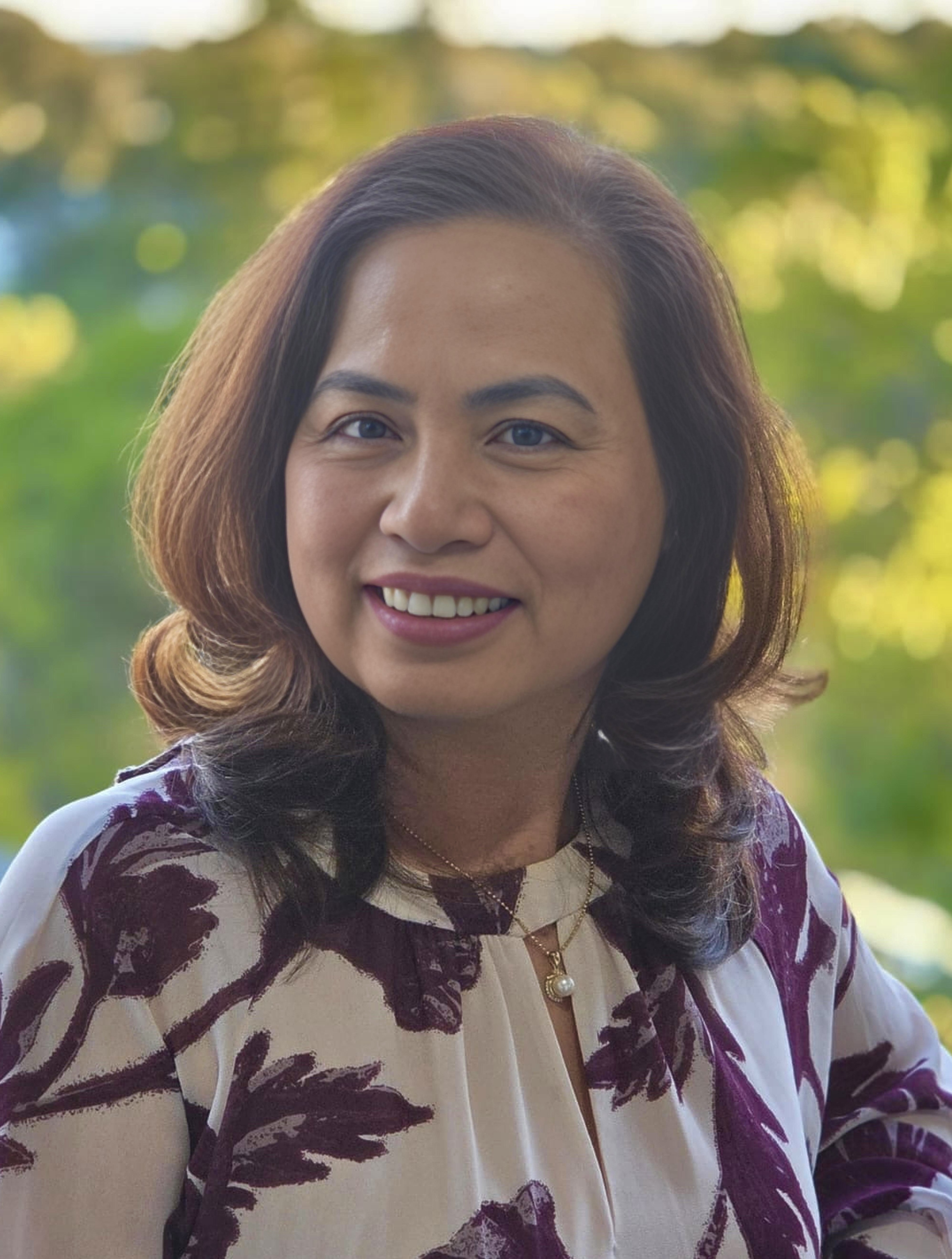-
Mobile Version
Scan with Mobile
The DGT2025 program will be assigned to the following sessions reflecting the development and applications of DGT in different environments:
A. Technical Development
B. Organic Compounds
C. Inorganic Elements
D. Biogeochemical processes
Topics

Plenary speaker
Professor Kevin C. Jones
Lancaster University
United-Kingdom
Lancaster University
United-Kingdom
Keynote speaker
lSession A: Technical Development
Speaker: Rémy Buzier, Université de Limoges, France
Report title: Technical development about DGT: the story about selectivity
Dr. Rémy Buzier is an Associate Professor at the University of Limoges. His research lies at the intersection of environmental science and analytical chemistry.
For more information, please visit
Dr. Buzier' personal website at Researchgate.
lSession B: Organic Compounds
Speaker: ChangEr Chen, South China Normal University, China
Report title: DGT for Organics 2025: Advances and Perspectives
Prof. Chen’s research area is Environmental Chemistry and Techniques, focusing on development and applications of novel passive sampling techniques, particularly the DGT for organics.
For more information, please visit
Prof. Dr. Chen' personal website at South China Normal University
lSession C: Inorganic Elements
Speaker: Jianyin (Leslie) Huang, University of Queensland, Australia
Report title: DGT for Nutrient Monitoring in Water, Sediment and
Soil: A Review of Current Practices and Future
Perspectives
Dr. Huang specializes in environmental and analytical chemistry, focusing on passive sampling techniques to monitor nutrients and heavy metals in water, sediment, and soil.
For more information, please visit
Dr. Leslie Huang' personal website at University of Queensland
lSession D: Biogeochemical processes
Speaker: Yue Gao, Vrije UniversiteitBrussel,Belgium
Report title: Biogeochemical cycle of pollutants in sediment/soil
assessed by the DGT technique
Prof. Gao is experienced in chemical speciation and biogeochemistry of trace metals in the environment. Greatly contributed to the development and applications of DGT and DET techniques for waters and sediments.
For more information, please visit
Prof. Dr. Gao' personal website at Vrije Universiteit Brussel
Invited report
Prof. Kevin Jones is the Distinguished Professor of Environmental Chemistry at Lancaster University and a Senior Visiting International Professor with the Chinese Academy of Sciences.
Prof. Kevin Jones has pioneered world leading research into the environmental sources, fate, behaviour and effects of persistent organic pollutants (POPs) over the last four decades. He has an outstanding scientific reputation in environmental research field with more than 700 scientific publications with H-Index of 155.





Session: A-Technical Development
Report title: Application of DGT technique in real-world projects
Report title: Application of DGT technique in real-world projects
Dr. Trang Huynh is a Principal Environmental Scientist at Hydrobiology, Australia, with over 15 years of experience in environmental investigations and management for government and industrial clients. She specializes in geochemistry and environmental chemistry, with a particular focus on pollutant dynamics (speciation and bioavailability) in aquatic systems.
Dr. Huynh completed her PhD in Environmental Science at the University of Melbourne (2008) and MSc at the University of Sydney (2001). She worked at the University of Queensland (2008–2016) before joining Hydrobiology. She is internationally recognized for her expertise in the Diffusive Gradients in Thin Films (DGT) technique, which she has applied across mining, industrial, and infrastructure projects to assess bioavailable pollutants and to develop site-specific water quality guidelines, discharge criteria, and management strategies.
Her research interests include applying advanced technologies (e.g. DGT) to evaluate contamination risks in renewable energy and infrastructure developments, particularly floating solar and pumped hydro. She has collaborated extensively with the DGT Research Group at Lancaster University, UK, since her PhD and continues to lead and contribute to R&D projects funded by the Australian Academy of Science, the Asian Development Bank (ADB), Singapore’s National Water Agency (PUB), and private industry partners.
Trang authored the Australian Government guidelines on deriving site-specific water quality values, which provide step-by-step methodologies for water quality management, waste discharge assessment, and monitoring programs. She also serves as a technical advisor for The Australian Water Partnership supporting Indo-Pacific partners to advance sustainable and climate-resilient water resource management.

